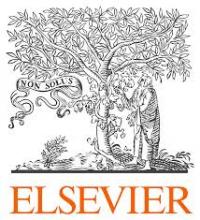Resource information
The gap between point measurements made during a measurement campaign and the required discrete data of human thermal comfort in the form of maps could be overcome by statistical or numerical models. City planners usually demand thermal maps with a resolution below 50m. The required input data for the statistical models were meteorological data at high resolution as well as land use and land cover data including morphological data. Meteorological data were obtained through car traverses on a measuring campaign on hot summer days in July 2014. The chosen statistical approaches of stepwise multiple linear regression and artificial neural network were compared for the case study area Stuttgart, Germany. The Physiologically Equivalent Temperature (PET) was applied to analyse the human thermal conditions taking into account both the meteorological environment and the thermo-physiological parameters including the human energy balance. The polycentric and complex spatial distribution of heat stress and heat load is clearly visible in the created maps. One hot spot is the city centre and its surrounding residential neighbourhood, the other hot spot can be detected in Bad Cannstatt (easterly of the Neckar river valley), including industrial and residential areas. Thereby, the non-linear artificial neural network model delivers better results than the stepwise multiple linear regression model. Advantages of the artificial neural network arise from the possibility to reveal non-linear dependencies and interactions between the variables resulting in a better model fit.



